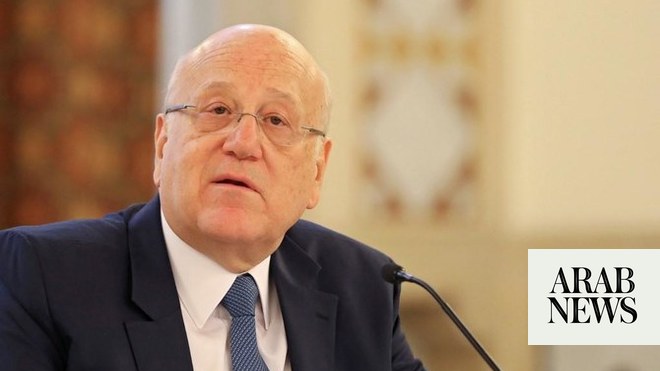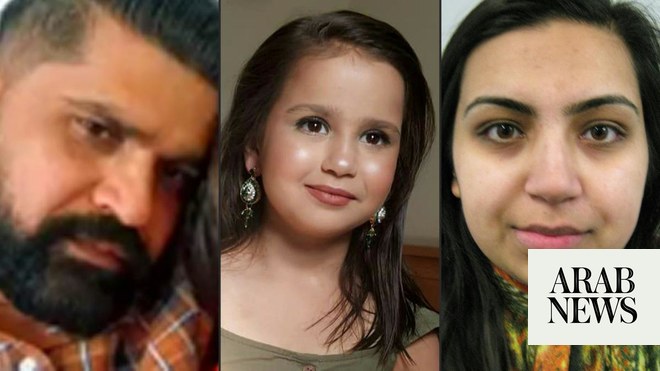
French former President Nicolas Sarkozy was released from police custody on Wednesday after he was held on charges that late Libyan leader Moammar al-Gaddafi had funded his 2007 presidential election campaign.
His court statement was released on Thursday. In it, he slammed the lack of evidence in the corruption probe, saying he should be treated as a witness, not a suspect, in the case.
He urged magistrates to consider "the violence of the injustice" if it was proven, as he claims, that the accusations are a "manipulation by Gaddafi or his gang".
"In the 24 hours of my detention I have tried with all my might to show that the serious corroborating evidence required to charge someone did not exist," Sarkozy said.
"I stand accused without any tangible evidence through comments made by Mr. Gaddafi, his son, his nephew, his cousin, his spokesman, his former prime minister," he added.
The allegations that Sarkozy took money from Gaddafi -- whom he helped to topple in 2011 -- are the most serious out of myriad investigations dogging him since he left office in 2012.
Judges decided they had enough evidence to charge the combative one-term president Wednesday after five years of investigation and two days of questioning in police custody in the Paris suburb of Nanterre.
He could face up to ten years in jail if convicted.
Sarkozy, who served from 2007 to 2012, was charged with corruption, illegal campaign financing and concealment of Libyan public money, a judiciary source told AFP.
Sarkozy, who came under fire for giving Gaddafi a red-carpet reception in Paris in late 2007, said his problems began in March 2011 after he hosted Libyan rebels and went on to become one of the main advocates of the NATO-led campaign that ousted the leader.
"Ive been living the hell of this slander since March 11, 2011," when the allegations first emerged, Sarkozy said.
Since 2013, investigators have been looking into claims by several figures in Gaddafi’s ousted regime, including his son Seif al-Islam, that Sarkozys campaign received cash from the dictator.
In 2011, as NATO-backed forces were driving Gaddafi out of power, Seif al-Islam told the Euronews network that Sarkozy must "give back the money he took from Libya to finance his electoral campaign".
The revelations came as Sarkozy was trying to win re-election, but he ultimately lost the 2012 race to Socialist Francois Hollande.
“I’ve paid a heavy price for this affair. Put it this way: I lost the presidential election of 2012 by 1.5 percentage points. The controversy initiated by Gaddafi and his henchmen cost me that 1.5 percent”.
Sarkozy has also sued the investigative website Mediapart for publishing a document allegedly signed by Libyas intelligence chief showing that Gaddafi agreed to give the former president up to 50 million euros ($62 million).
In his court statement Sarkozy lashed out at Franco-Lebanese businessman Ziad Takieddine, who claims to have delivered three cash-stuffed suitcases from Gaddafi in 2006 and 2007, when Sarkozy was preparing his first run for president.
Takieddine, who claimed he provided 1.5 to 2 million euros, has "highly suspect characteristics and a questionable past", Sarkozy said.
"I would like to remind you that he has no proof of any meeting with me during this period 2005-2011."
The legal investigation is also looking into a 500,000-euro foreign cash transfer to Sarkozys former interior minister Claude Gueant and the 2009 sale of a luxury villa to a Libyan investment fund.
Le Monde newspaper further reported that other former regime officials have stepped forward alleging illicit financing.
Sarkozy is already charged in two separate cases, one relating to fake invoices devised to mask overspending on his failed 2012 campaign and another for alleged influence peddling.
Sarkozy has stepped back from frontline politics since his failed re-election bid, but he still holds considerable influence with his rightwing Republicans party.
The party has so far backed him publicly.
"Being charged does not necessarily mean you are guilty," said Republicans leader Laurent Wauquiez.
One of the many factors that played in 40-year-old Emmanuel Macron’s presidential election win in May 2017 was a promise of a clean break with traditional French politics, often marred by accusations of corruption.
Sarkozy’s immediate predecessor, Jacques Chirac, was tried and convicted in 2011 of misusing public funds to keep political friends in phantom jobs - making him the first French head of state to be convicted of a crime since Nazi collaborator Marshall Philippe Petain in 1945.












